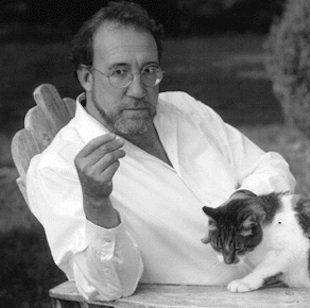A Quote by Oliver Stone
After World War II the Republicans - the Wall Street crowd - were very worried about a depression coming back. They hated Franklin Roosevelt in that crowd, my father among them. And there was a great fear in '46 that we'd fall back into the pits. And they always wanted to break up the Roosevelt legislation.
Quote Topics
Related Quotes
Capitalism can be alright, I mean Karl Marx didn't live to see what Roosevelt did with that Depression. He pulled everybody out of that Depression and everybody hated Franklin Roosevelt. He got into office four times. One after the other, with everybody saying, he can't get in again. Everybody voted for Roosevelt four times and he did a hell of a lot.
As a Polish American, I grew up hearing the phrase 'nothing about us without us.' To Eastern Europeans, the vow is a painful reminder of how Joseph Stalin, Winston Churchill and Franklin D. Roosevelt carved up their small countries after World War II, placing them, against their will, under Soviet domination.
DiMaggio was never a rube. He was very smart and very urban. Coming out of the Great Depression, he was the immigrant boy who made it big. Coming back from World War II, he had all the wealth and power that New York aspired to. When New York saw itself as the center of the world, he was its paragon of class.
The crisis [the Great Depression] discovered a great man in Franklin Roosevelt...None too soon he has carried America forward to the second stage of democratic realization. His New Deal involves such collective controls of the national business that it would be absurd to call it anything but socialism, were it not for a prejudice lingering on from the old individualist days against that word...Both Roosevelt and Stalin were attempting to produce a huge, modern, scientifically organized, socialist state, the one out of a warning crisis and the other out of a chaos.
A President Roosevelt comes only once in a century. I believe God knew and does know of the need of the world at this moment. I don't believe President Roosevelt is an accident in time, or that it is an accident that he is President for a third time. I believe that Franklin D. Roosevelt truly is the voice of liberty in the world.
In America, we may acknowledge Washington and Lincoln as great men, and probably Franklin and Jefferson and maybe Franklin Delano Roosevelt and possibly even several more, but we would probably disagree about precisely what it was that made them great, what it was that enabled them to give a lasting direction to the course of events.
I don't think the rhetoric toward President Trump from media sources or media commentators is any worse than what Franklin Roosevelt got from a conservative press in another era. And Roosevelt was, you know, not as blunt as Trump about the press, but, you know, there was an ideological press back then, when we had multiple newspapers in town.







































